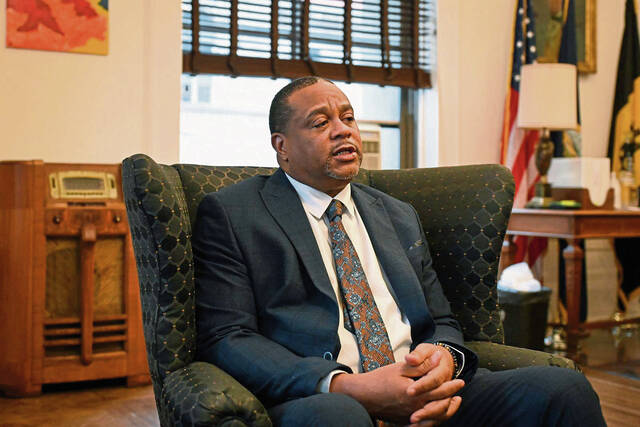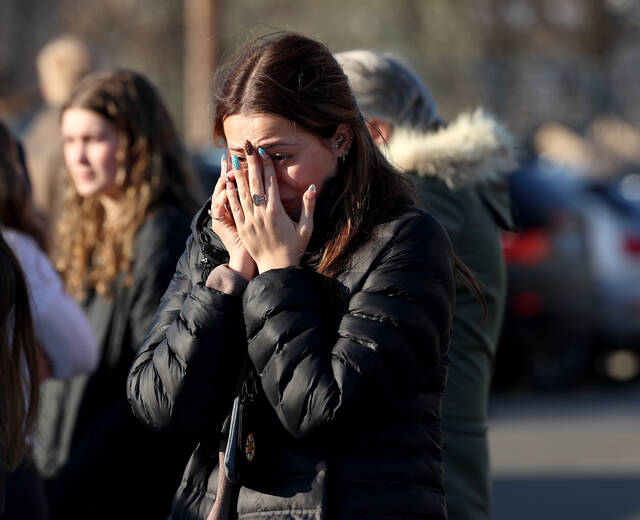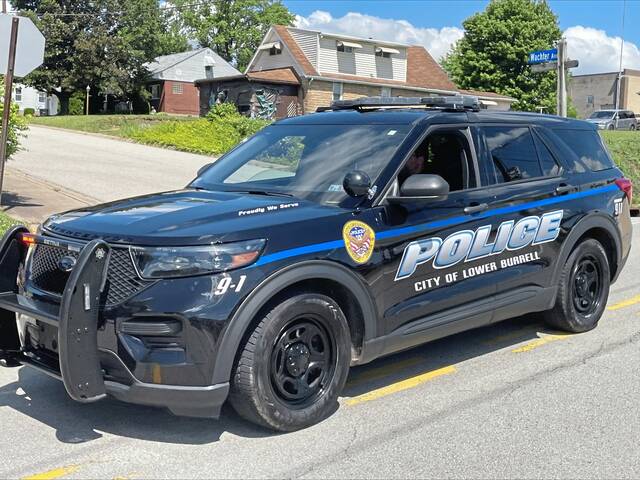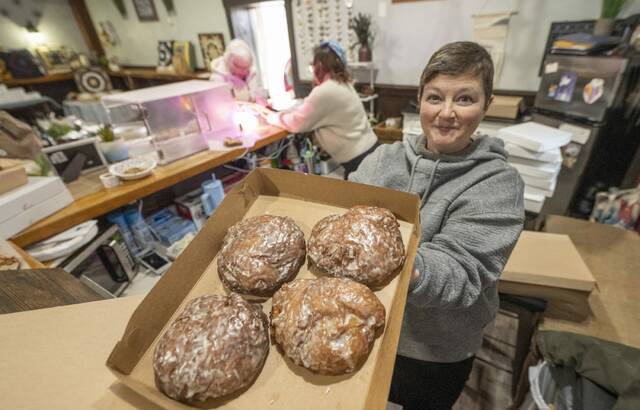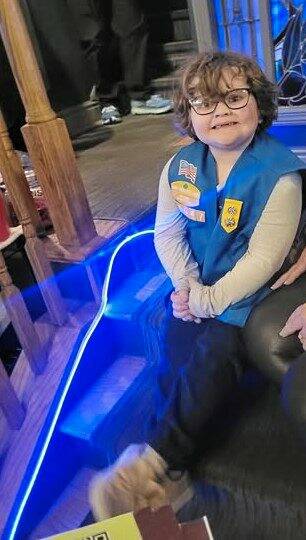Pittsburgh Mayor Ed Gainey on Tuesday announced the city is challenging the tax-exempt status of 26 properties as part of its review of sites owned by purely public charities.
Gainey in January signed an executive order calling on the city’s finance and law departments to investigate whether the city’s purely public charities meet requirements for tax-exempt status.
Joined by local and state officials, Gainey on Tuesday said the city completed the first portion of its reviews and is submitting challenges to the county property assessment office on 26 parcels.
That includes six parcels owned by UPMC, though none of them is a medical facility, according to City Solicitor Krysia Kubiak.
“The parcels identified today have all been previously approved for their tax-exempt status as they support UPMC’s charitable mission of serving our patients, members and communities,” Paul Wood, UPMC’s vice president and chief communications officer, said in a statement.
Wood touted UPMC’s commitment “to being a great neighbor, a trusted resource for health care and a creator of well-paying jobs.”
He did not confirm whether the health care giant would fight the challenge.
By the state’s definition, purely public charities are nonprofits that must advance a charitable purpose, donate a substantial portion of their services, benefit a substantial class of people in need of charity and operate entirely free from private-profit motives.
More than a third of the properties in Pittsburgh are tax-exempt, including many owned by the city’s health systems, colleges and universities, Gainey said. If all of the city’s nonprofits paid taxes, the mayor said, they would pay an estimated $36 million in city taxes annually.
Also on the list of properties whose tax-exempt status will be challenged are a parcel owned by Allegheny General Hospital, two owned by Carnegie Mellon University and one owned by the University of Pittsburgh.
Dan Laurent, vice president of corporate communications for Allegheny Health Network, said the nonprofit’s leaders have “been in conversations with the mayor’s office about the issue of support to a civic fund” and said they would continue that dialogue.
Prior to Gainey’s review of the city’s nonprofits, city council considered asking local nonprofits to participate in a payment in lieu of taxes, or PILOT, program that would have nonprofits voluntarily pay a portion of what they would otherwise pay in taxes. Gainey has said he remains open to exploring that avenue.
The city has tried for years to broker similar deals to get nonprofits to contribute to the city’s revenue.
“We believe that any efforts with the city need to ensure all organizations are consistently engaged and that funding support is equitably and fairly proportionate to each organization,” he said, adding that Highmark in 2022 paid about $200 million in taxes and provided more than $300 million in charity care.
The list also included several unnamed private citizens and other nonprofit organizations: the Karpeles Manuscript Library, School Facility Development, Mr. Property LLC, Community Options Inc., NSC USA Housing Development Corp. and Village of Shadyside Community Organization.
Some of the properties identified were “not charities at all,” Kubiak said.
Gainey said the city was challenging these properties and continuing its review of others “to ensure everyone pays their fair share.”
Kubiak said the city has completed its review of 10% of the properties owned by purely public charities in the city. The rest, she said, should be completed by early next year.
“This is just the beginning,” the mayor said.
Properties that will be challenged include vacant lots, parking garages and office spaces, Gainey said.
The city began its review by looking at the largest properties and nonprofits that residents identified as potentially violating the state’s requirements for a purely public charity.
Kubiak did not offer a specific timeline for the challenges, which will be submitted to the county. An appeals process also could be used, she said. Kubiak said she is prepared for court challenges from any of the properties.
If all 26 properties the city has identified were to pay their taxes, Kubiak said, they would pay a combined $3.5 million to the city.
The city’s overall operating budget this year is around $657 million.
State Rep. Sara Innamorato, who joined Gainey for his announcement Tuesday morning, said in a statement she supports his efforts and would like to see the county continue his work. Innamorato is running for county executive.
“We must use all our leverage as a county to ensure large corporations and nonprofits pay their fair share so that we can fund vital public goods — like repairing our bridges, improving our parks and funding youth programs,” she said.
Carnegie Mellon University spokesperson Peter Kerwin said the school would work with the mayor on the review as it “continues to make major investments and contributions to the Pittsburgh and Pennsylvania economies through our research, education and service missions, as well as critical job creation, startup formation and capital investments.”
The University of Pittsburgh is “confident that the University of Pittsburgh meets the requirements spelled out for tax-exempt properties,” spokesman Jared Stonesifer said.
Mark Karpeles, president of the Karpeles Manuscript Library, said he was “blindsided” to learn about the challenge to the museum’s nonprofit status. The Pittsburgh location is one of more than 10 buildings the organization owns across the country.
“There’s no way we’re not a nonprofit,” he said, adding that the museum doesn’t charge an entrance fee and allows organizations to hold meetings there free of charge. “We couldn’t afford to pay the property taxes.”
Karpeles said the nonprofit would fight any challenge the city brought against its nonprofit status, but said he didn’t know much about the process and hadn’t heard directly from the administration about it.


